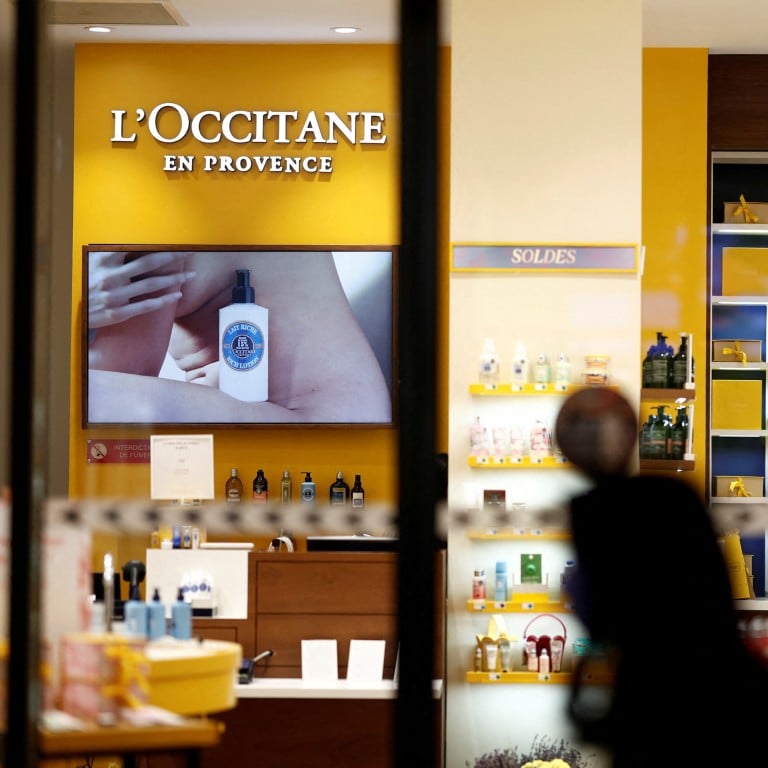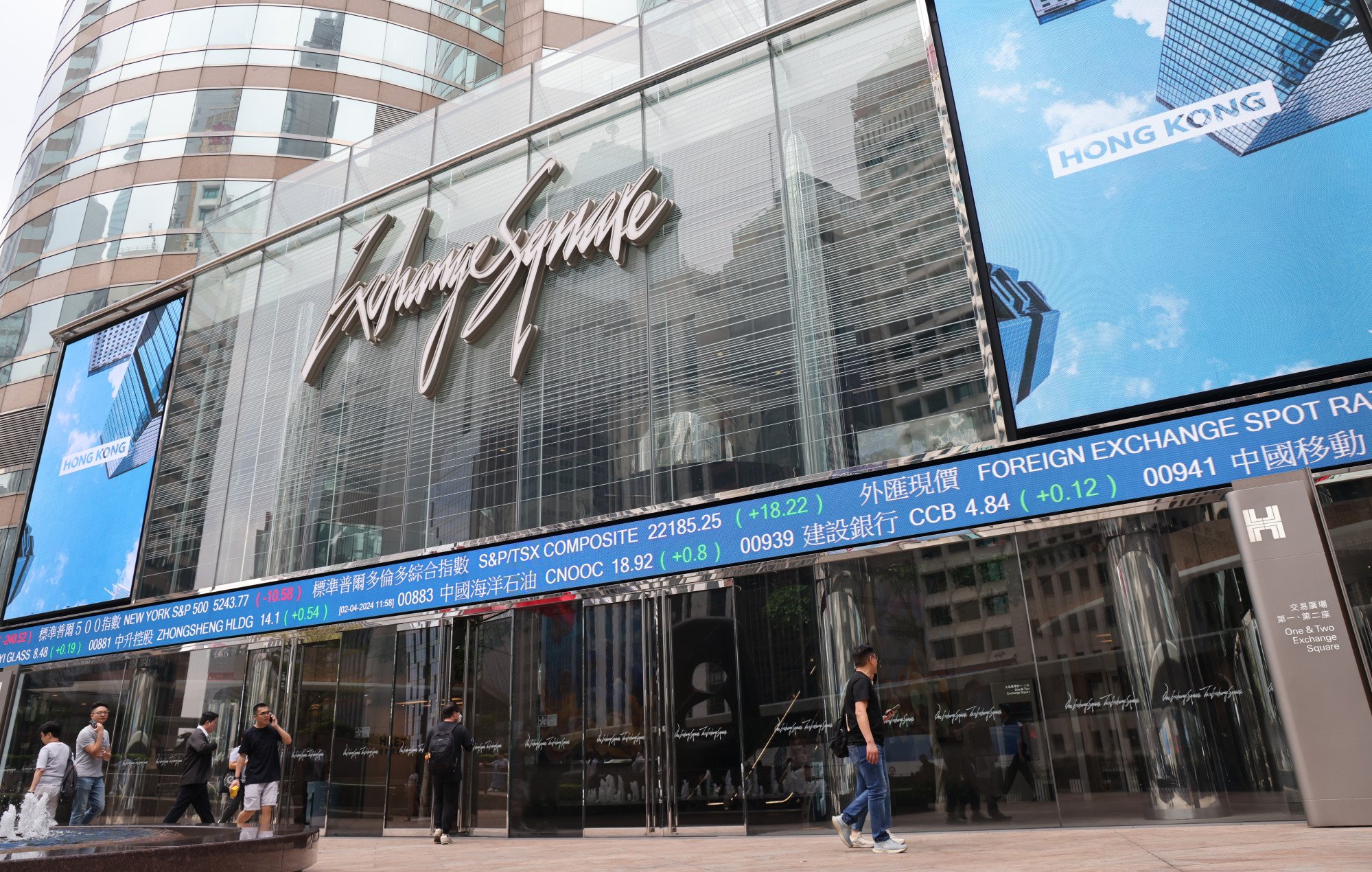
L’Occitane shares halted in Hong Kong as Blackstone said to prepare funds for privatisation bid
- Blackstone is said to be providing debt financing to L’Occitane chairman Reinold Geiger to take the skincare group off the city’s stock exchange
- Skincare group, listed in Hong Kong in 2010, has a market value of about US$5.6 billion; billionaire Geiger has a 70 per cent stake
While deliberations are at an advanced stage, they could still be delayed or even fall apart, the people said. A representative for Blackstone declined to comment, while L’Occitane did not immediately respond to a request for comment.
L’Occtitane has a market value of about HK$43.6 billion (US$5.6 billion). A vehicle ultimately controlled by its chairman Geiger owns more than 70 per cent of the company, exchange filings show.

L’Occitane was founded in 1976 by Frenchman Olivier Baussan, who started out making essential oils from plants like lavender in the French countryside of Provence, and selling them at local markets. Geiger, who became a minority shareholder in 1994 has said its poor performance prompted him to start working there in a bid to safeguard his investment.
He expanded L’Occitane globally, saying he decided to move into Asia after being impressed by the region’s work ethic. Initially, the strategy went so badly that his auditor warned the poor results could put the whole company in jeopardy.
HKEX eyes Saudi, Indonesian companies to win more IPOs from emerging markets
The retailer was listed in Hong Kong in a 2010 and now has eight brands and some 3,000 locations in 90 countries. Yet it earns only about one-third of its revenue in Asia, while the Americas is its fastest growing region.
L’Occitane is facing an increasingly challenging market in China, where global brands such as L’Oreal and Estee Lauder are rolling out frequent discounts to compete for a larger market share, and where domestic brands are rising on the back of nationalism.
While China was the brand’s top market by sales in 2021 and 2022, it was surpassed by the US last year. The group has also seen declining profits in recent years. Profits fell 38 per cent in the six months through September from a year earlier, following a 51 per cent plunge in the financial year to March 31, 2023.

